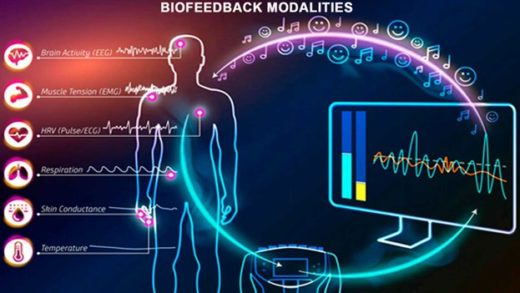Exercise and Mental Health in Denver: Distract Yourself
This week we are continuing our mental health series with another look at exercise. I have found it to be an essential tool in my PTSD Recovery toolbox, and talk about it extensively in my book, #dealwithit: Living Well with PTSD. Over the next few weeks, Melissa and I will explore a little of the science behind exercise and its effect on the body, and discuss the benefits we receive from daily movement, as well as suggest some ways you might incorporate exercise into your routine.
One way to cope with having a bad day, dealing with anxiety, stress overload or feeling stuck is to provide yourself with a healthy distraction. Exercise is definitely one healthy distraction we keep as a tool in our toolbox–it’s great for your body and tends to help you get ‘out of your head’ for a bit.
USING EXERCISE AS A HEALTHY DISTRACTION
1. If you’re stuck on a problem at work or school, go for a quick walk. This form of “moving meditation” can help get your creative problem solving juices flowing.
2. When anxiety strikes, exercise can help you regulate your breathing. Even more restorative forms of exercise such as yoga can be extremely beneficial. Don’t think you have to be sweating to reap benefits of exercise. Anything that helps you with “good air in, bad air out” is going to help you win.
3. Exercise helps with discipline and structure. Though technically not a “distraction,” we think it’s worth mentioning that exercise helps you establish order in daily life. If you schedule in your exercise every morning, for example, it helps you create that structure that can be so important to PTSD recovery, and even mental health maintenance. Going to be and getting up at the same time, exercising and eating at the same time, all give your body those cues that it needs to develop regular sleep patterns, hormone production, and so on.
If you haven’t yet made exercise a part of your daily routine, consider it! Reach out and let us know how you’re going. We are happy to help!


